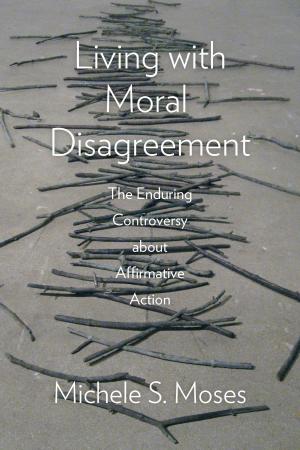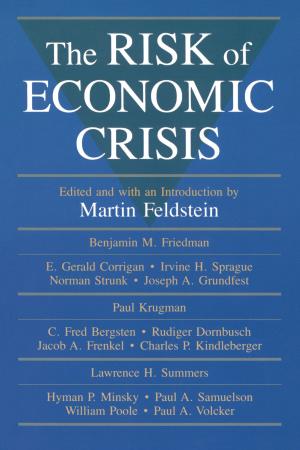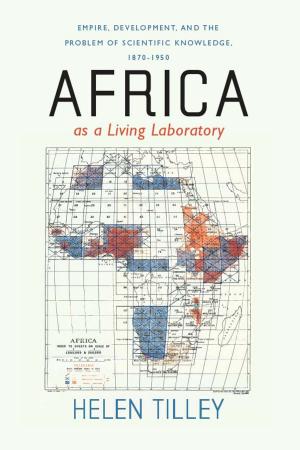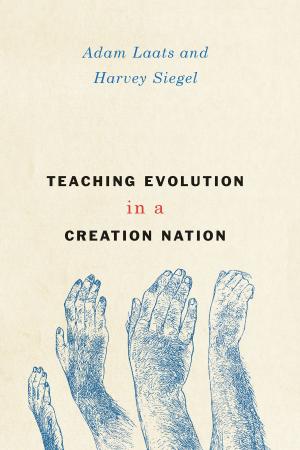| Author: | Connie Voisine | ISBN: | 9780226613819 |
| Publisher: | University of Chicago Press | Publication: | May 2, 2019 |
| Imprint: | University of Chicago Press | Language: | English |
| Author: | Connie Voisine |
| ISBN: | 9780226613819 |
| Publisher: | University of Chicago Press |
| Publication: | May 2, 2019 |
| Imprint: | University of Chicago Press |
| Language: | English |
How can a person come to understand wars and hatreds well enough to explain them truthfully to a child? The Bower engages this timeless and thorny question through a recounting of the poet-speaker’s year in Belfast, Northern Ireland, with her young daughter. The speaker immerses herself in the history of Irish politics—including the sectarian conflict known as The Troubles—and gathers stories of a painful, divisive past from museum exhibits, newspapers, neighbors, friends, local musicians, and cabbies. Quietly meditative, brooding, and heart-wrenching, these poems place intimate moments between mother and daughter alongside images of nationalistic violence and the angers that underlie our daily interactions. A deep dive into sectarianism and forgiveness, this timely and nuanced book examines the many ways we are all implicated in the impulse to “protect our own” and asks how we manage the histories that divide us.
How can a person come to understand wars and hatreds well enough to explain them truthfully to a child? The Bower engages this timeless and thorny question through a recounting of the poet-speaker’s year in Belfast, Northern Ireland, with her young daughter. The speaker immerses herself in the history of Irish politics—including the sectarian conflict known as The Troubles—and gathers stories of a painful, divisive past from museum exhibits, newspapers, neighbors, friends, local musicians, and cabbies. Quietly meditative, brooding, and heart-wrenching, these poems place intimate moments between mother and daughter alongside images of nationalistic violence and the angers that underlie our daily interactions. A deep dive into sectarianism and forgiveness, this timely and nuanced book examines the many ways we are all implicated in the impulse to “protect our own” and asks how we manage the histories that divide us.















